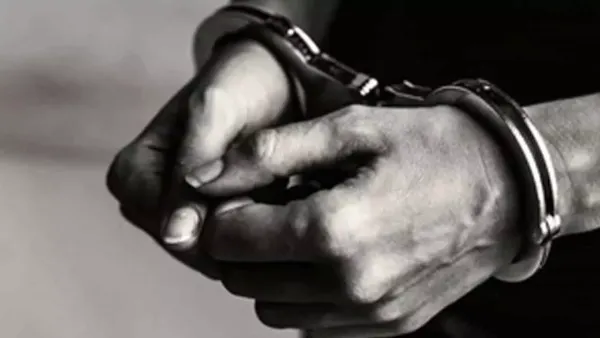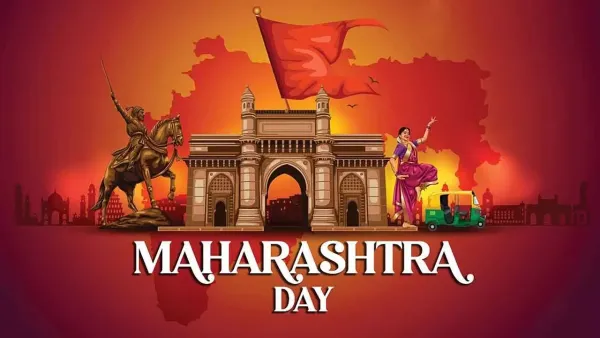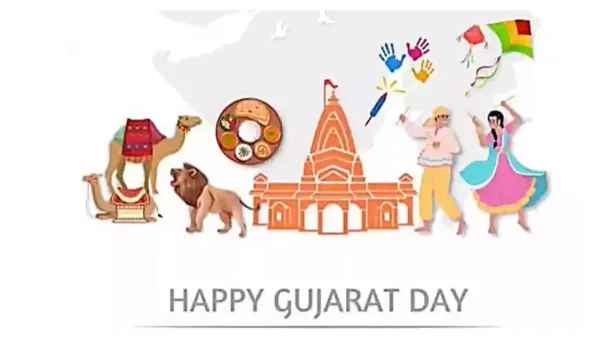In a high-stakes diplomatic outreach, US Secretary of State Marco Rubio on Wednesday held separate conversations with India’s External Affairs Minister S. Jaishankar and Pakistan’s Prime Minister Shehbaz Sharif, urging both nations to de-escalate tensions that have spiked following the deadly terror attack in Pahalgam and a string of cross-border ceasefire violations by Pakistan.
Rubio conveyed condolences to Jaishankar over the April 22 Pahalgam terror strike, in which 26 civilians—mostly tourists—were killed, calling it a “horrific” act of violence.
According to a statement from State Department Spokesperson Tammy Bruce, Rubio reaffirmed Washington’s “commitment to cooperation with India against terrorism” and encouraged New Delhi to engage Islamabad in dialogue to reduce tensions and uphold regional stability.
In a separate call with Sharif, the US Secretary of State underscored the need for Pakistan to “unequivocally condemn” the Pahalgam attack and “cooperate in investigating this unconscionable act.”
Rubio also urged the Pakistani leadership to restore direct channels of communication with India and take steps to ensure accountability for perpetrators of cross-border terrorism. Both Rubio and Sharif reportedly agreed on the importance of countering terrorism and maintaining peace in South Asia.
The firing didn’t remain confined to those areas. Indian officials later confirmed that similar aggression had been observed across the Line of Control (LoC) in Baramulla and Kupwara districts, and even across the International Border in the Pargwal sector. In all instances, the Indian Army said it returned fire in a “measured and appropriate” manner.
These incidents come amid heightened military readiness following the Pahalgam attack, which drew nationwide condemnation and triggered top-level security deliberations in New Delhi.
Prime Minister Narendra Modi chaired a high-level meeting soon after the incident with Defence Minister Rajnath Singh, National Security Adviser Ajit Doval, Chief of Defence Staff General Anil Chauhan, and the three service chiefs.
#Pahalgam Terrorist Attack
A Chinese shadow falls on Pahalgam terror attack case probe
How India can use water to pressure Pakistan
Buzzkill: How India can dissolve the Pakistan problem, not just swat it
According to a statement from State Department Spokesperson Tammy Bruce, Rubio reaffirmed Washington’s “commitment to cooperation with India against terrorism” and encouraged New Delhi to engage Islamabad in dialogue to reduce tensions and uphold regional stability.
In a separate call with Sharif, the US Secretary of State underscored the need for Pakistan to “unequivocally condemn” the Pahalgam attack and “cooperate in investigating this unconscionable act.”
Rubio also urged the Pakistani leadership to restore direct channels of communication with India and take steps to ensure accountability for perpetrators of cross-border terrorism. Both Rubio and Sharif reportedly agreed on the importance of countering terrorism and maintaining peace in South Asia.
Cross-border firing heightens regional tension
While Washington calls for calm, fresh ceasefire violations along the India-Pakistan frontier have reignited fears of escalation. The Indian Army reported “unprovoked small-arms fire” initiated by the Pakistan Army during the night of April 29–30 across multiple sectors in Jammu & Kashmir, including Naushera, Sunderbani, and Akhnoor.The firing didn’t remain confined to those areas. Indian officials later confirmed that similar aggression had been observed across the Line of Control (LoC) in Baramulla and Kupwara districts, and even across the International Border in the Pargwal sector. In all instances, the Indian Army said it returned fire in a “measured and appropriate” manner.
These incidents come amid heightened military readiness following the Pahalgam attack, which drew nationwide condemnation and triggered top-level security deliberations in New Delhi.
Prime Minister Narendra Modi chaired a high-level meeting soon after the incident with Defence Minister Rajnath Singh, National Security Adviser Ajit Doval, Chief of Defence Staff General Anil Chauhan, and the three service chiefs.








